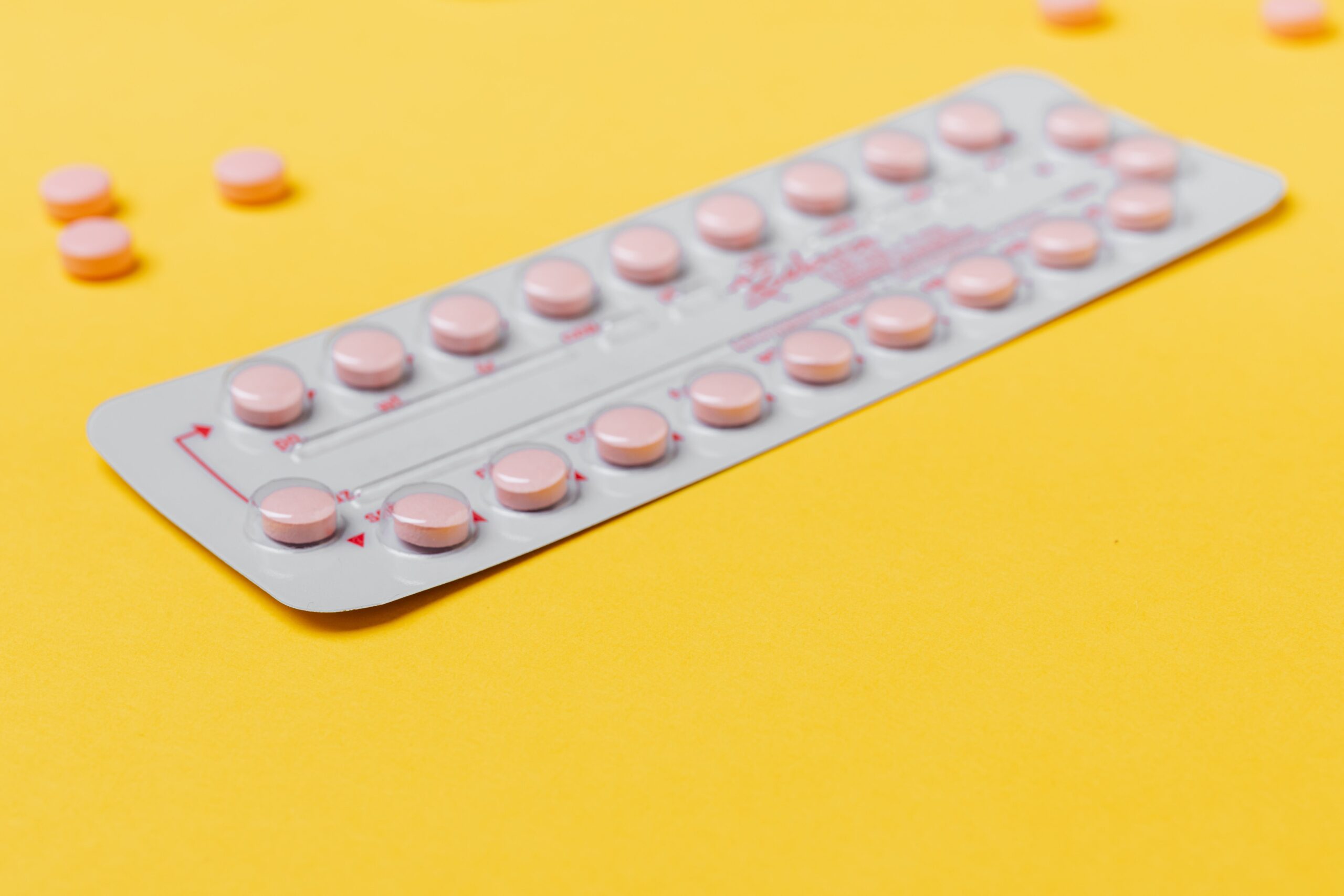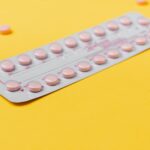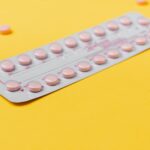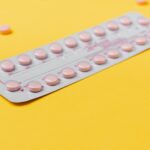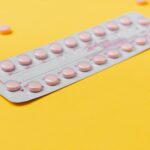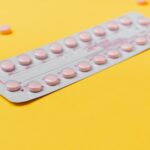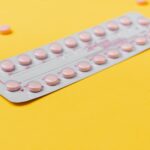The relationship between testosterone boosters and hair growth is a multifaceted topic that often sparks curiosity. Testosterone, the primary male sex hormone, is associated with various physiological processes, including the regulation of hair growth. This blog post delves into the complexities of this relationship and explores whether taking testosterone boosters can influence hair growth.
The Role of Testosterone in Hair Growth:
Testosterone plays a crucial role in the development of male secondary sexual characteristics, including body hair. However, the conversion of testosterone to dihydrotestosterone (DHT) by the enzyme 5-alpha reductase is more closely linked to the regulation of hair growth. DHT is implicated in both the growth of facial and body hair and, conversely, in the miniaturization of hair follicles on the scalp, leading to male pattern baldness.
- BCAA Supplements To Increase Energy
- Does BCAA Supplements Boost Testosterone
- Are BCAA Supplements Good For Runners
- BCAA Supplements And Depression Is There A Link
- BCAA And Keto What You Need To Know
Understanding the DHT Factor:
Many testosterone boosters aim to elevate overall testosterone levels, which could potentially lead to an increase in DHT levels. While this may contribute to enhanced body hair growth, it also raises concerns about its impact on the scalp. Individuals genetically predisposed to male pattern baldness may find that an elevation in DHT levels accelerates hair loss on the scalp, potentially counteracting any positive effects on body hair.
Individual Variances and Genetic Factors:
The relationship between testosterone boosters, DHT, and hair growth is not a one-size-fits-all scenario. Genetic factors heavily influence how an individual responds to changes in hormone levels. Some may experience increased body hair growth without significant effects on scalp hair, while others may notice accelerated hair loss.
The Need for Informed Decision-Making:
Before incorporating testosterone boosters into a routine, individuals concerned about hair growth should carefully consider their genetic predispositions and family history of hair loss. Consulting with healthcare professionals can provide personalized insights into the potential risks and benefits. It’s crucial to make informed decisions based on individual health considerations and to prioritize overall well-being.
In conclusion, the relationship between testosterone boosters and hair growth is intricate, involving genetic factors, hormone conversions, and individual responses. Those considering these supplements should weigh the potential effects on both body and scalp hair and seek professional advice to make informed decisions aligned with their unique health circumstances. Shop raw supplements, bulk discount, lab tested 5% off here!
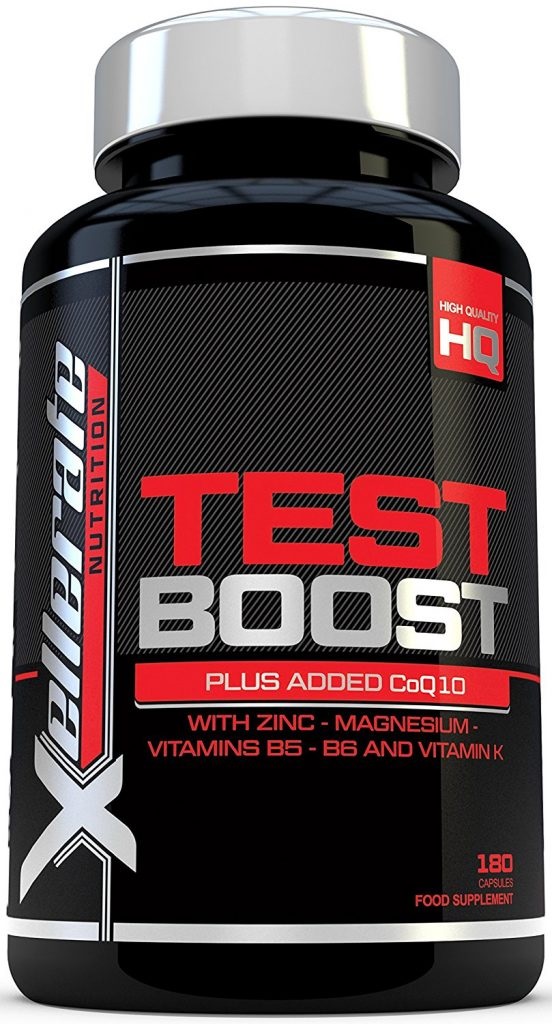
Buy Test Boosters Online
We Have Some Of The Best Test Boosters Out There!
Come have a look what types of Test Boosters we have? Shop the best Test Boosters! We have found the best deals! Or please feel free to read more about the many benefits of Test Boosters supplements on site.
FAQs
1. Can testosterone boosters be used to promote facial and body hair growth?
- Answer: Testosterone boosters may influence the growth of facial and body hair, as testosterone is a key hormone in the development of male secondary sexual characteristics. However, individual responses vary, and genetic factors play a significant role.
2. Do testosterone boosters contribute to hair loss on the scalp?
- Answer: Testosterone boosters can potentially increase levels of dihydrotestosterone (DHT), a hormone linked to hair loss on the scalp. Individuals with a genetic predisposition to male pattern baldness may be more susceptible to accelerated hair loss when using these supplements.
3. Are there specific ingredients in testosterone boosters that impact hair growth?
- Answer: Some testosterone boosters may contain ingredients that influence hormone levels, such as D-aspartic acid or fenugreek. While research on their direct impact on hair growth is limited, it’s essential to review product ingredients and consult with healthcare professionals.
4. Can women experience changes in hair growth with testosterone boosters?
- Answer: Women should approach testosterone boosters with caution, as these supplements are primarily designed for men. Elevated testosterone levels in women can lead to unwanted side effects, including changes in body and facial hair. Consulting with healthcare professionals is crucial.
5. How long does it take to see changes in hair growth with testosterone boosters?
- Answer: The time it takes to observe changes in hair growth can vary among individuals. Some may experience relatively quick results, while others may require more time. Consistency in supplement use, combined with an awareness of individual genetic factors, can influence the timeline for noticeable effects.
